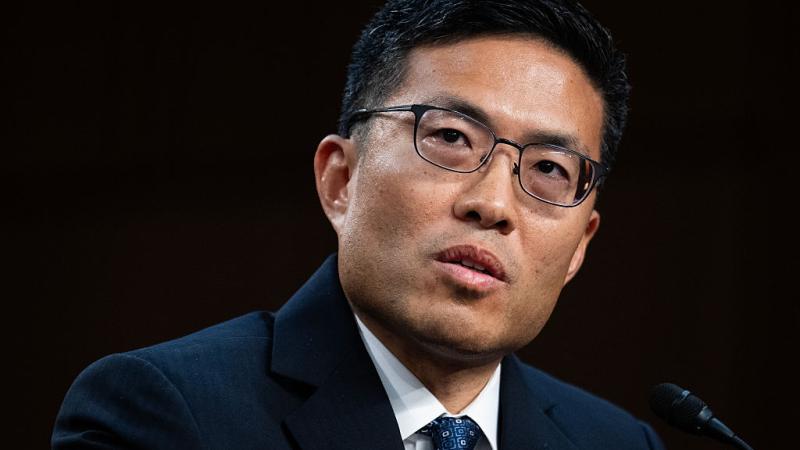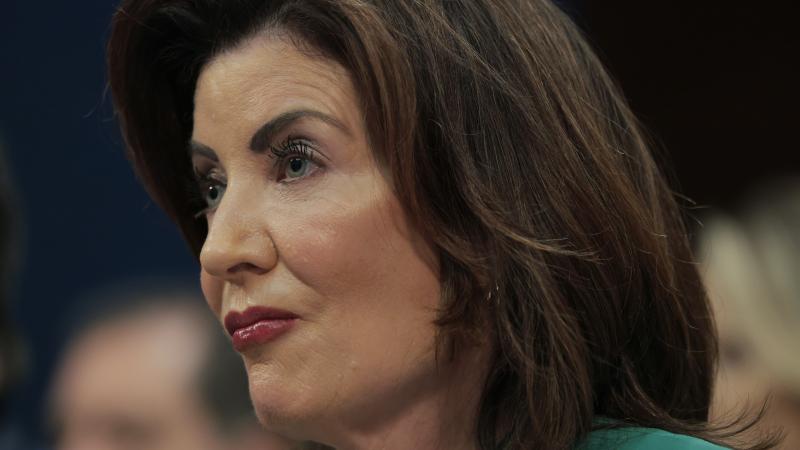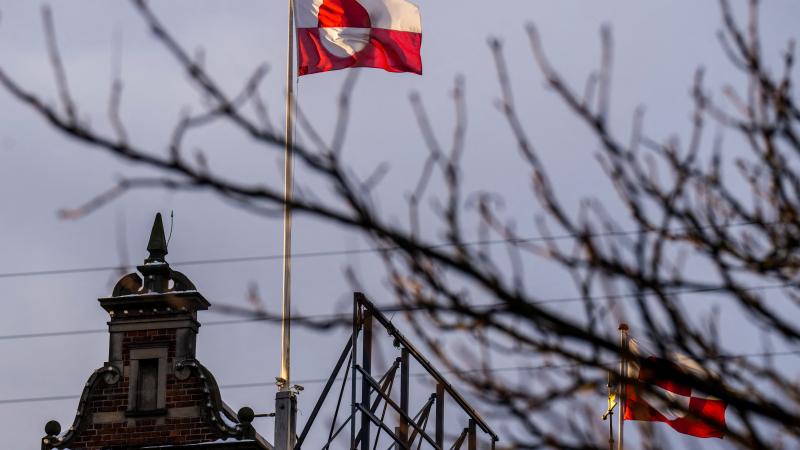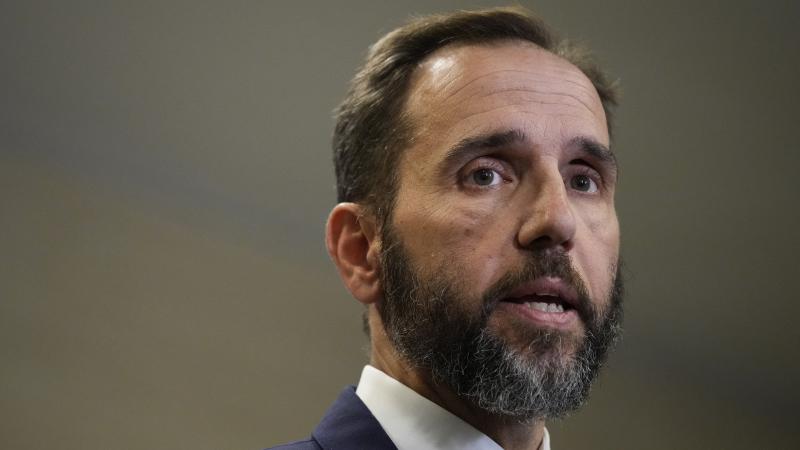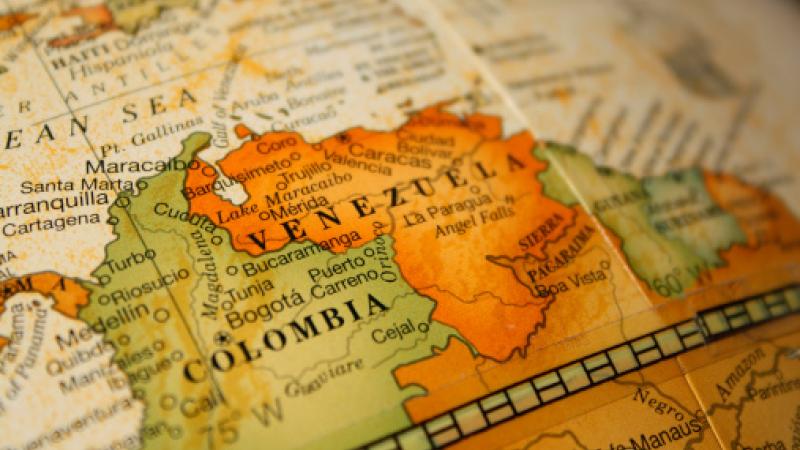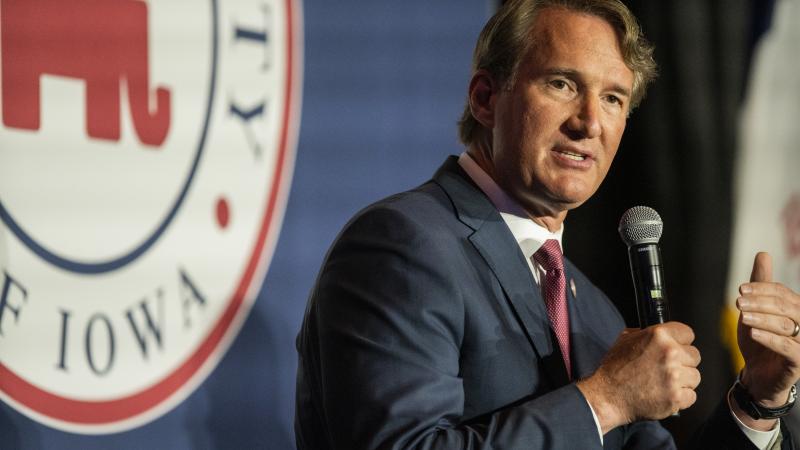Censorship empire strikes back with UN disinformation declaration, German charges for memes
Small Canadian town without a flagpole forced to pay LGBTQ group $15,000 for refusing to announce Pride month, fly rainbow flag.
The second Trump administration may presage the significant retrenchment, if not collapse, of what critics call the censorship-industrial complex, a symbiotic and sometimes coercive relationship among the U.S. government, private researchers and Big Tech to suppress disfavored narratives and political movements such as populism.
But the ascendance of former censorship targets into top posts, especially Robert F. Kennedy Jr. as Health and Human Services secretary and Jay Bhattacharya as National Institutes of Health director, has not appeared to diminish the appetites of international leaders for further crackdowns on expression that runs afoul of governments.
"United in Peace: Restoring Trust, Reshaping the Future – Reflecting on Two Decades of Dialogue for Humanity" was the theme for the 10th Global Forum of the United Nations Alliance of Civilizations, a three-day gathering of heads of state, youth, civil society and religious leaders in Cascais, Portugal, last week.
Government leaders unanimously adopted the Cascais Declaration, which binds them to "stress the importance of combatting disinformation, misinformation and hate speech, while strengthening information integrity," without defining any of those terms or laying out methods.
The declaration itself does not appear to be available except through Reclaim the Net, which posted it Sunday. UNAOC's website was not working throughout Monday, and the U.N.'s other public statements don't link the document.
"We must reign [sic] in hate speech and disinformation spreading online," U.N. Secretary-General Antonio Guterres said at the global forum, according to the English transcript.
"Hate-filled frenzies are perpetuating stereotypes and misconceptions," while misinformation and "outright lies are fueling repulsive antisemitism, anti-Muslim bigotry and attacks on minority Christian communities, among others," he continued.
"Unchecked digital platforms and Artificial Intelligence have endowed hate speech with a speed and reach unseen before," and "many times they lead to violence. With the proliferation of deepfakes, the impossible and the unverified become credible in an instant."
He also said Big Tech, advertisers and media "must take responsibility for their role."
The week before, the U.N. and Brazilian government announced a similarly vague "Global Initiative for Information Integrity on Climate Change" to gather evidence on "climate disinformation and its impacts" that will be used to “bolster strategic action.”
German Interior Minister Nancy Faeser filed criminal charges against David Bendels, publisher and editor-in-chief of the conservative Deutschland Kurier, for "insult, slander and defamation against people in political life" by posting memes — one an altered photo of Faeser holding a sign that reads "I hate freedom of speech!" in German, the Kurier reported Nov. 20.
The Kurier posted what it called "two penalty orders totalling 480 (!) daily rates against Bendels" by the Bamberg District Court, which international anti-censorship advocacy group Reclaim the Net called a "heavy fine" that could be followed by prison time.
The media organization is aligned with the opposition conservative AfD party, "whose rise in popularity has been accompanied by the government’s explicit or tacit pressure against its members, but also supporters," Reclaim the Net said.
X owner Elon Musk drew attention to the case by responding to a video by Bendels' colleague Naomi Seibt on Faeser's history of "prosecuting migration critics" and "banning an entire magazine," the heterodox Compact, which Faeser called "a central mouthpiece of the right-wing extremist scene." The Compact ban, later overturned in court, also drew Musk's attention.
Canada's Ontario Human Rights Tribunal fined the small town of Emo and Mayor Harold McQuaker for refusing to announce a message in 2020 – proclaiming June as Pride Month and flying a rainbow flag for a week.
Advocacy group Borderland Pride made the request to Emo, which objected that it doesn't have a flagpole and there was no flag for "straight people" to provide balance, according to the tribunal's Nov. 20 ruling. It ordered the town and McQuaker to pay Borderland Pride $15,000, and McQuaker and another town official to complete a "Human Rights 101" training course.
The global forum's Cascais Declaration says it welcomes the U.N. Rabat Plan of Action on the "prohibition of advocacy of national, racial or religious hatred that constitutes incitement to discrimination, hostility or violence," also without defining hatred.
The tacit calls for censorship are lumped in with recognition of "sports diplomacy as a tool for promoting dialogue," support for women as "negotiators, mediators and peacemakers" and protection for religious sites, as well as "the potential use of artificial intelligence as a tool to advance intercultural and interreligious dialogue."
Freedom of expression is mentioned only once, as "interdependent, interrelated and mutually reinforcing" with freedom of belief and religion, which is mentioned repeatedly in the document.
Guterres told the high-level Group of Friends meeting that "as the tide of hatred and intolerance becomes a tsunami, we need even more bold voices and bolder action.” He asked countries to "dig deeper to help replenish the Alliance’s Voluntary Trust Fund." The next global forum takes place in Saudi Arabia in 2026.
The U.N.'s press release puts the Cascais Declaration in the context of "wars in Gaza, Lebanon and beyond" and says it offers "solutions to a current landscape of eroding trust and rising antisemitism, nationalism and online hate."
While the Israel-Palestine conflict is a major focus, the press release puts the blame squarely on Israel, touting remarks by Senegal Prime Minister Aminata Touré: "Is civilization about ‘you kill one of mine, I’ll kill 34.16 of yours,’ which is, so far, the retaliation rate of Israel against the unacceptable, widely condemned attacks of October 2023."
During the global forum, The Wall Street Journal editorial board accused the U.N. of purging its Special Advisor on the Prevention of Genocide Alice Wairimu Nderitu for refusing to label Israel's actions in Gaza "genocide," as the Special Committee to Investigate Israeli Practices wants, because the definition requires the "intention of eliminating" an ethnic group.
The U.N. told the Journal that Nderitu was leaving "as her contract is expiring" after four years, which the newspaper called "a political choice" because "U.N. contracts are often renewed when their terms expire."
Guterres's deputy spokesman, Farhan Haq, told Jewish News Syndicate at a press briefing last week that it's "just false" that Guterres wanted Nderitu gone for her refusal to call Israel's actions genocide. Her departure was "part of the normal course of events" and a one-term advisor "happens all the time."
The New York Post editorial board called on President-elect Trump to withhold U.N. dues until Guterres "and his minions" leave.
The Facts Inside Our Reporter's Notebook
Links
- United Nations Alliance of Civilizations
- unanimously adopted the Cascais Declaration
- declaration itself
- Reclaim the Net, which posted it Sunday
- Secretary-General Antonio Guterres said
- U.N. and Brazilian government announced a similarly vague
- Kurier reported
- Reclaim the Net called a "heavy fine" that could be followed by prison time
- Elon Musk drew attention to the case
- video by Bendels' colleague Naomi Seibt
- Faeser called "a central mouthpiece of the right-wing extremist scene.
- overturned in court
- also drew Musk's attention
- tribunal's Nov. 20 ruling
- Guterres told the high-level Group of Friends meeting
- The U.N.'s press release
- The Wall Street Journal editorial board accused
- Jewish News Syndicate
- New York Post editorial board called on President-elect Trump


